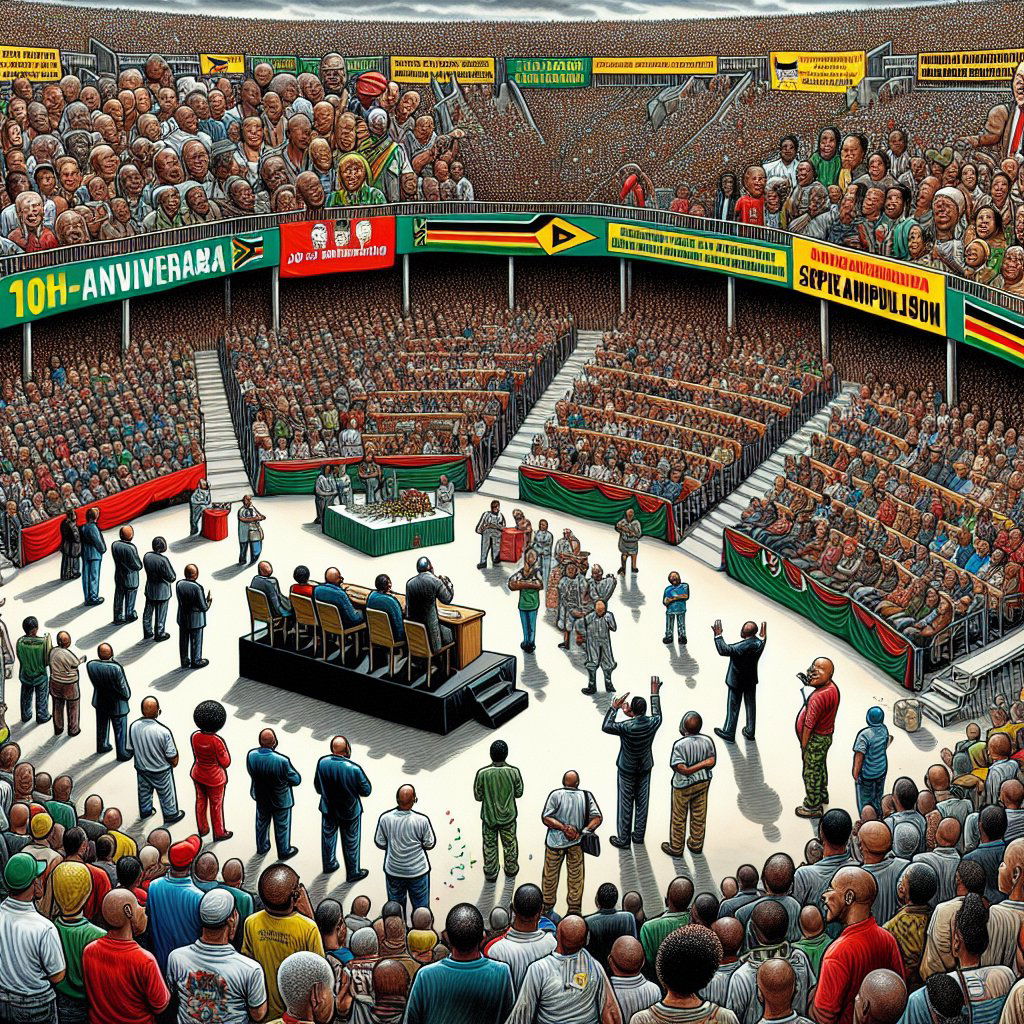Image: AI generated for illustration purposes
Patriotic Alliance Advocates Mandatory Army Enlistment at 18
The leader of the Patriotic Alliance, Gayton McKenzie, made headlines during the party's 10th-anniversary celebrations, announcing a controversial policy stance that would see young South Africans conscripted into the military at 18 years of age. The event, held at Soweto's Orlando Stadium, became a platform not only for this hardline proposal but also a reflection of the party's stance on immigration and national service.
McKenzie, vocalizing his party's vision for South Africa's youth, suggested that a mandatory army stint would be more beneficial than the existing social grants system. "When you reach the age of 18, you will go into the army, you will go to learn skills, you will not be paid R350 to sit at home and act like something is wrong with you," he declared to the attendees. This remark alludes to the existing social relief of distress grant, which is aimed at mitigating the impact of unemployment among the youth.
This call for compulsory military service is rooted in the belief that it would instill discipline, national pride, and valuable skills in the country's youth, potentially offering a solution to some of the socio-economic challenges South Africa faces. However, the implementation of such a policy raises questions around the logistics, the capacity of military facilities, and the broader implications for civil liberties and youth autonomy.
McKenzie did not mince words on the topic of immigration either, reinforcing his party's stance against illegal foreigners in South Africa. This position reflects a broader narrative of immigration control that has gained traction in certain segments of South African society, albeit controversial and divisive in its language and proposed execution.
The event at Orlando Stadium, despite its grand intentions, did not escape criticism. The gathering, anticipated to begin at 1 pm, saw a delay of over four hours, finally commencing after 5 pm. Social media became a battleground of perspectives as critics highlighted the inability of the PA to fill the stadium, noting that fewer than 5,000 supporters were present for the anniversary celebrations. This detail has been seen as a barometer of the PA's support base and organisational capabilities, though it's important to consider the myriad factors that could influence event attendance, such as timing, publicity, and public sentiment.
This proposal of mandatory military service by the Patriotic Alliance, alongside its staunch stance on immigration, paints a picture of the party's vision for a robust, disciplined, and homogenous South Africa. As the PA continues to position itself within the political landscape, time will tell how these policies resonate with the broader South African electorate and how they might influence national discourse.










